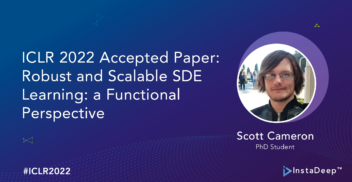Instadeep used reinforcement learning on Cloud TPUs to improve DeepPCB, its AI-driven Printed Circuit Board (PCB) design product. Authors: Armand Picard, Software Engineer Donal Byrne, Senior Research Engineer Alexandre Laterre, Research Lead Vaibhav Singh, Product Manager, Google Cloud TPU The long-term goal of Artificial Intelligence (AI) is to solve complex real-life problems. On the path… Read more »









